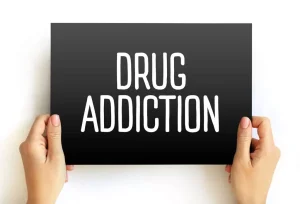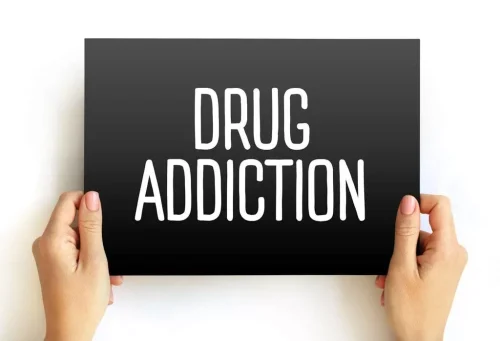
Relapses are unique to each individual, and your experience with them may be different as well. You don’t have to wait until a relapse occurs to seek help if you are concerned that you might be headed for a relapse. There are some common early psychological signs that you might be on the way to a relapse. Gordon as part of their cognitive-behavioral model of relapse prevention, and it is used particularly in the context of substance use disorders. The Abstinence Violation Effect is a psychological phenomenon that occurs when a person experiences relapse after attempting to abstain from drug or alcohol use.
- Marlatt’s relapse prevention model also identifies certain factors called covert antecedents which don’t stand out as clearly.
- Knowing the different stages of relapse and how to avoid them is therefore crucial.
- When one returns to substance use after a period of abstinence, they experience a negative cognitive and affective reaction known as an abstinence violation effect in psychotherapy.
- AVE impacts those who are inspired to become abstinent but experience a setback, such as a lapse or relapse.
- A mindset shift caused by triggers or stress may lead you to take that drink or start using drugs again.
Essential Characteristics of True Friendship That Stand the Test of Time
People commonly confront relapse as a part of their process in achieving long-term sobriety. Perfection isn’t required by those in recovery, but rather a willingness to do their https://ecosoberhouse.com/ best each day with a supportive team backing their efforts. A person who has abused a substance for a long time is likely to have a higher tolerance for its effects. As a result, when they are abstinent for a period, they will notice their tolerance has declined, making it possible for them to overdose if they start using again at the same level as before.

Specific Intervention strategies in Relapse Prevention
Acknowledging your triggers and developing the appropriate coping skills should be a part of a solid relapse prevention program. Lastly, treatment staff should help you to learn how to recognize the signs of an impending lapse the abstinence violation effect refers to or relapse so that you can ask for help before it happens. Those who drink the most tend to have higher expectations regarding the positive effects of alcohol9. In high-risk situations, the person expects alcohol to help him or her cope with negative emotions or conflict (i.e. when drinking serves as “self-medication”).
Understand The Relapse Process

Instead of looking at the slip as an opportunity to grow and learn, a person lets it color the way they think about themselves. An individual who believes they’ve failed and violated their sobriety goals may begin to think that they’re not good enough to be considered a true abstainer. However, there are some common early psychological signs that a relapse may be on the way. If you are worried that you might be headed for a relapse, you don’t have to wait until it happens to reach out for help.
- A relapse can be a disheartening setback when you use a substance, such as alcohol or marijuana, especially after promising yourself you wouldn’t.
- It includes thoughts and feelings like shame, guilt, anger, failure, depression, and recklessness as well as a return to addictive behaviors and drug use.
- After a period of success in your recovery, you may think you can control your drug or alcohol use again.
- What is the abstinence violation effect, and what are the signs of a coming relapse?
Treatment Programs
Relapse prevention includes understanding what triggers substance abuse, which marijuana addiction varies from person to person. As an example, when out with friends at their favorite hangout, someone with alcohol use disorder may feel like having a drink. Many people can relate to this feeling of guilt when they use a substance, like alcohol or marijuana, after promising themselves they wouldn’t. For people in recovery, a relapse can mean the return to a cycle of active addiction. While relapse doesn’t mean you can’t achieve lasting sobriety, it can be a disheartening setback in your recovery. Quite frankly, studies that have attempted to look at lapse and relapse rates across different substances have discrepant findings because the terms are often defined differently.
In a prospective study among both men and women being treated for alcohol dependence using the Situational Confidence Questionnaire, higher self-efficacy scores were correlated to a longer interval for relapse to alcohol use8. The relationship between self-efficacy and relapse is possibly bidirectional, meaning that individuals who are more successful report greater self-efficacy and individuals who have lapsed report lower self-efficacy4. Chronic stressors may also overlap between self-efficacy and other areas of intrapersonal determinants, like emotional states, by presenting more adaptational strain on the treatment-seeking client4. When one returns to substance use after a period of abstinence, they experience a negative cognitive and affective reaction known as an abstinence violation effect in psychotherapy.

